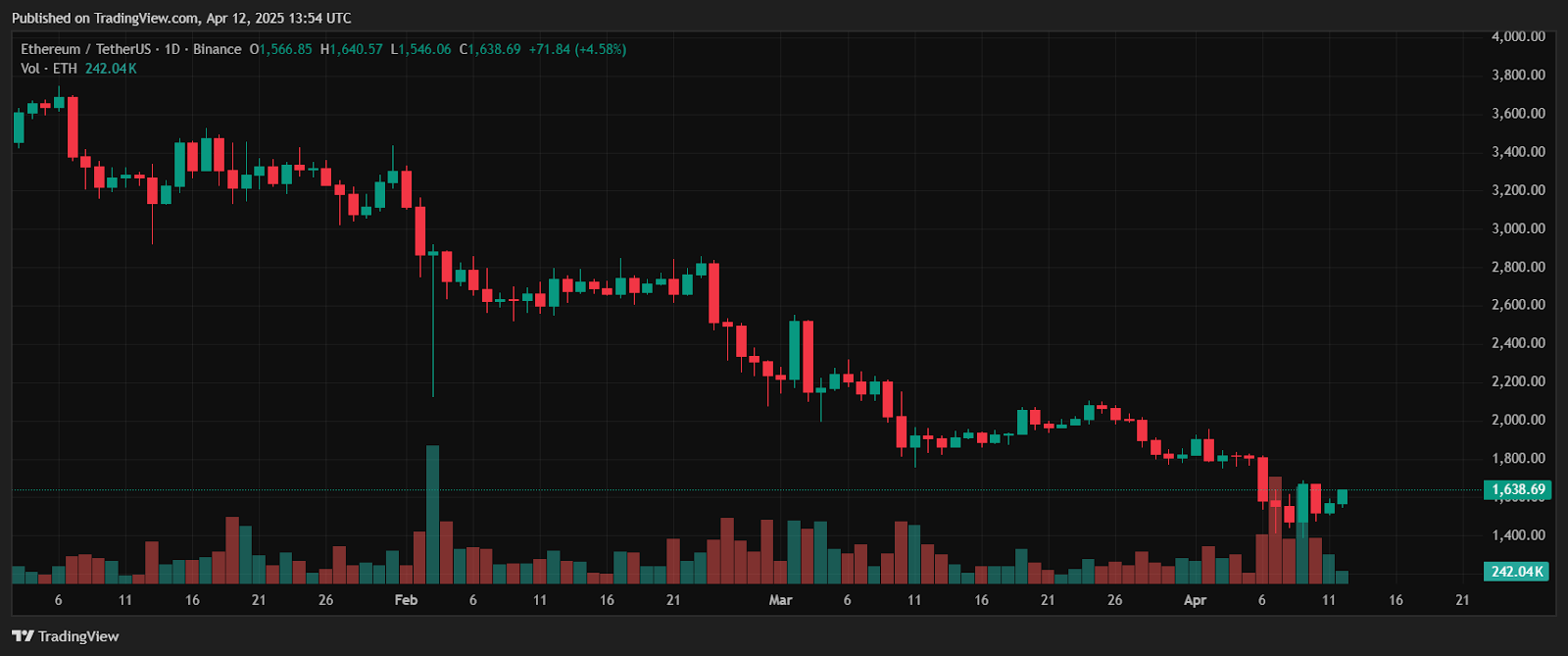 CaryptosHeadlines Media Has Launched Its Native Token CHT.
Airdrop Is Live For Everyone, Claim Instant 5000 CHT Tokens Worth Of $50 USDT.
Join the Airdrop at the official website,
CryptosHeadlinesToken.com
CaryptosHeadlines Media Has Launched Its Native Token CHT.
Airdrop Is Live For Everyone, Claim Instant 5000 CHT Tokens Worth Of $50 USDT.
Join the Airdrop at the official website,
CryptosHeadlinesToken.com
The establishment of the US Strategic Bitcoin Reserve has resulted in a lot of fresh laws and regulations applied all around the nation. States like Massachusetts and Nebraska are investigating fresh approaches to guard and control crypto-using citizens.
These legislative developments reveal how increasingly strong governments are in the crypto domain. For instance, some states want to participate more in the space by storing Bitcoin as value.
US Bitcoin Reserve Pushes States To Make Stronger Crypto Laws
Last week, President Trump signed an order establishing a US Strategic Bitcoin Reserve and a digital asset stockpile. The federal government’s attitude on cryptocurrencies changed significantly.
At the state level, at least 18 states are working on bills to create a Bitcoin reserve. On top of that, state governments have begun looking into crypto laws to protect consumers and keep the industry in check.
Gov. Jim Pillen of Nebraska made the Controllable Electronic Record Fraud Prevention Act (LB609) a law. This bill regulates transactions with digital assets like cryptocurrencies.
It requires people who run controllable electronic record kiosks to get a license and tell customers about risks, fees, and fraud alerts. LB609 also says that blockchain analytics must be used to find fraud and sets rules for customers who have been scammed and need to get a refund within 30 days.
“We have been working hard to make Nebraska a leader in cryptocurrencies.” Governor Pillen remarked.
He also mentioned an important component of these initiatives is shielding Nebraskans from criminals and profiteering from them.
State Representative Kate Lipper-Garabedian has proposed a bill in Massachusetts to establish a commission investigating how cryptocurrencies and blockchain technologies impact the state.
Known as the “Act of Establishing a Special Commission on Blockchain and Cryptocurrency” bill (H88).
Massachusetts Forms A Team To Study Blockchain And Crypto
According to the bill, “A special commission is hereby established to investigate relative to blockchain technology to develop a master plan of recommendations for fostering the appropriate expansion of blockchain technology in the Commonwealth.”
The bill outlines the process for forming a commission comprising 25 individuals, including lawmakers, businesspeople, and blockchain experts. One important thing to do is to look at the pros and cons of using blockchain in business and government.
It will also investigate how bitcoin influences state tax and revenue collection, as well as look for strategies to limit energy consumption for mining cryptocurrencies. Additionally, protecting consumers and increasing technological knowledge will be crucial. This will cover cryptocurrencies and blockchain. Finally, the commission will devise the best strategies for blockchain technology to assist the government and its people.
Massachusetts is also considering separate legislation establishing a Strategic Bitcoin Reserve for their state. The State Treasurer could then fund Bitcoin or some other digital fund with up to 10% of the Commonwealth Stabilization Fund. Nebraska does not now have any such legislation.












